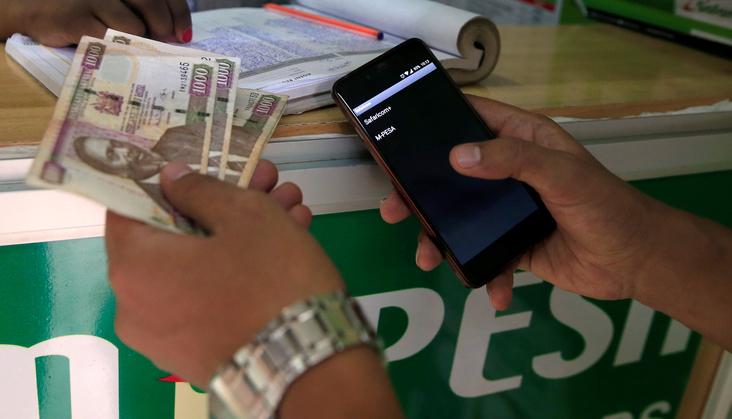Africa-Press – Mauritius. Personal remittances to Africa, which far outstrip foreign direct investment, have plummeted as a result of the Covid-19 pandemic, severely undermining food security for the continent’s poor.
The wages and employment of many migrant workers evaporated overnight. Service-sector jobs have been hard hit, as migrants working in hotels, restaurants, salons, shopping malls and farms continue to lose their jobs.
Healthcare professionals that are still working have struggled to send money because of the demands on their time and the lockdowns. For the African continent, this will have a catastrophic impact.
The 2019 remittance level will certainly not be reached in 2020. The largest remittance-sending countries – the US, Switzerland, Germany, France, Italy, the United Kingdom, Saudi Arabia and the United Arab Emirates – are still trying to restart their economies.
The near-term implication is a sharp decline in food security for Africa’s poor. This is especially true for African countries that were already struggling with food insecurity before the outbreak. Millions of people risk falling back into the extreme poverty from which they have only recently emerged.
Remittances to low- and middle-income countries, says the World Bank, are set to fall by 20% to $445bn in 2020, representing a loss of a crucial financing lifeline for many vulnerable households in the global South.
Covid-19 has shown the ugly, often hidden side of personal remittances. Foreign workers in Western countries, the Middle East and China have faced unsafe and dangerous work conditions during the pandemic.
In Canada, for example, issues in the agriculture sector, including lack of access to protective equipment, crowded conditions that did not allow physical distancing and poor access to well-balanced meals during quarantine were exposed.
Further, the remittances are expensive to send, which reduces the amount of money received in Africa. These realities should be factored into policy-making by African governments whose migrant workers largely operate in low-skilled, unsafe and low-pay sectors.
Personal remittances, therefore, should be considered a short-term necessary evil that needs to end as Africa’s economies integrate to become robust and cease to export human capital.
Africa cannot rely forever on exporting its people overseas to work and send money home. The continent’s leaders must build robust economies that absorb and utilise the continent’s human capital.
For decades, Africa has debated ‘brain drain’. It is estimated that about 70,000 skilled professionals emigrate from Africa every year. African governments need to implement strategies to end this depletion.
Africa needs to develop and retain its skilled labour force which is fundamental to increasing its own productive capacity and wealth creation, thereby ending the notion that our solutions lie outside the continent.
For More News And Analysis About Mauritius Follow Africa-Press







